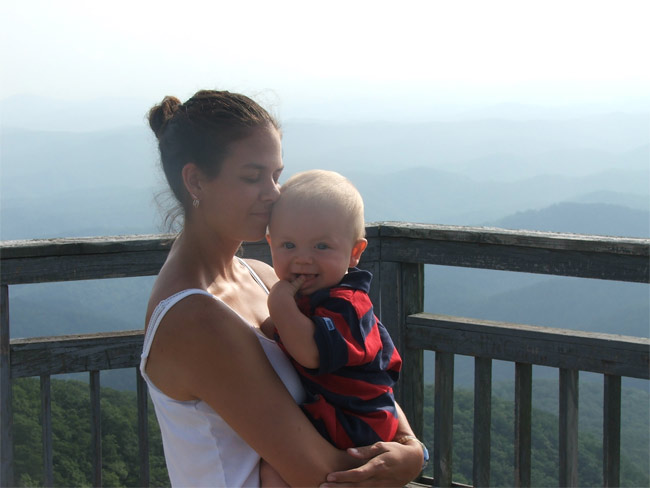Career Women Might Want to Have Children ASAP

A new mathematical model could help women decide the optimal time in their lives to have kids. This stand-in decision-maker takes into account social interests and professional goals, indicating, for instance, that career gals should start early.
The model adds rationality to what can become a complex emotional choice, though by no means does the approach provide the final answers for potential mothers-to-be. Another limitation is that in order for the "mommy model" to work, people would have to use it before getting pregnant: In 2001, approximately one-half of pregnancies in the United States were unintended, according to a Centers for Disease Control and Prevention (CDC) report.
“This decision is too complex to logically consider all the relevant aspects intuitively in one’s head,” the scientists write in the current issue of the journal Decision Analysis. “Yet, for many, it is too important and consequential to simply go with one’s feelings.”
Ralph Keeney and doctoral student Dinah Vernik of Duke University’s Fuqua School of Business developed the model with the goal of balancing a woman's professional, social and family objectives and their relative importance to a woman. The model also included age-related concerns such as diminished fertility and the likelihood of having a child with genetic ailments.
The mathematicians demonstrated the model with several scenarios, one involving a 25-year-old doctoral student who wants to stay in academia and another involving a 20-year-old college student with aspirations to pursue a professional career.
If the doctoral student feels having a child early in her career would interfere with work and reduce her chances of receiving tenure, the model shows the optimal age to begin a family is after achieving tenure. However, if she doesn't think motherhood would prevent her from tenure, the model suggests trying to get pregnant at a younger age.
Let's say the 20-year-old college student claims to not want a child until the age of 35, yet also indicates both family life and career goals are important. The model suggests rather than waiting until she is more established at work, her best bet would be to conceive before age 35.
Sign up for the Live Science daily newsletter now
Get the world’s most fascinating discoveries delivered straight to your inbox.
"It may seem surprising to suggest having a child at a younger age, even if the woman places no importance on having a child until a certain age," Vernik said. "But the model takes into account the fact that taking a maternity leave has less impact on the future career of a woman who is a student or in the beginning of her professional life."
The ultimate decision to conceive a child, however, must also include emotional factors, the authors say. "A model like this doesn’t, and shouldn’t, preclude the role of emotion, input from the woman’s partner, and other factors in personal decision-making," Keeney said.
- 10 Things You Didn't Know About You
- The Sex Quiz: Myths, Taboos and Bizarre Facts
- The Most Popular Myths in Science
Jeanna Bryner is managing editor of Scientific American. Previously she was editor in chief of Live Science and, prior to that, an editor at Scholastic's Science World magazine. Bryner has an English degree from Salisbury University, a master's degree in biogeochemistry and environmental sciences from the University of Maryland and a graduate science journalism degree from New York University. She has worked as a biologist in Florida, where she monitored wetlands and did field surveys for endangered species, including the gorgeous Florida Scrub Jay. She also received an ocean sciences journalism fellowship from the Woods Hole Oceanographic Institution. She is a firm believer that science is for everyone and that just about everything can be viewed through the lens of science.
Man gets sperm-making stem cell transplant in first-of-its-kind procedure
'Love hormone' oxytocin can pause pregnancy, animal study finds









